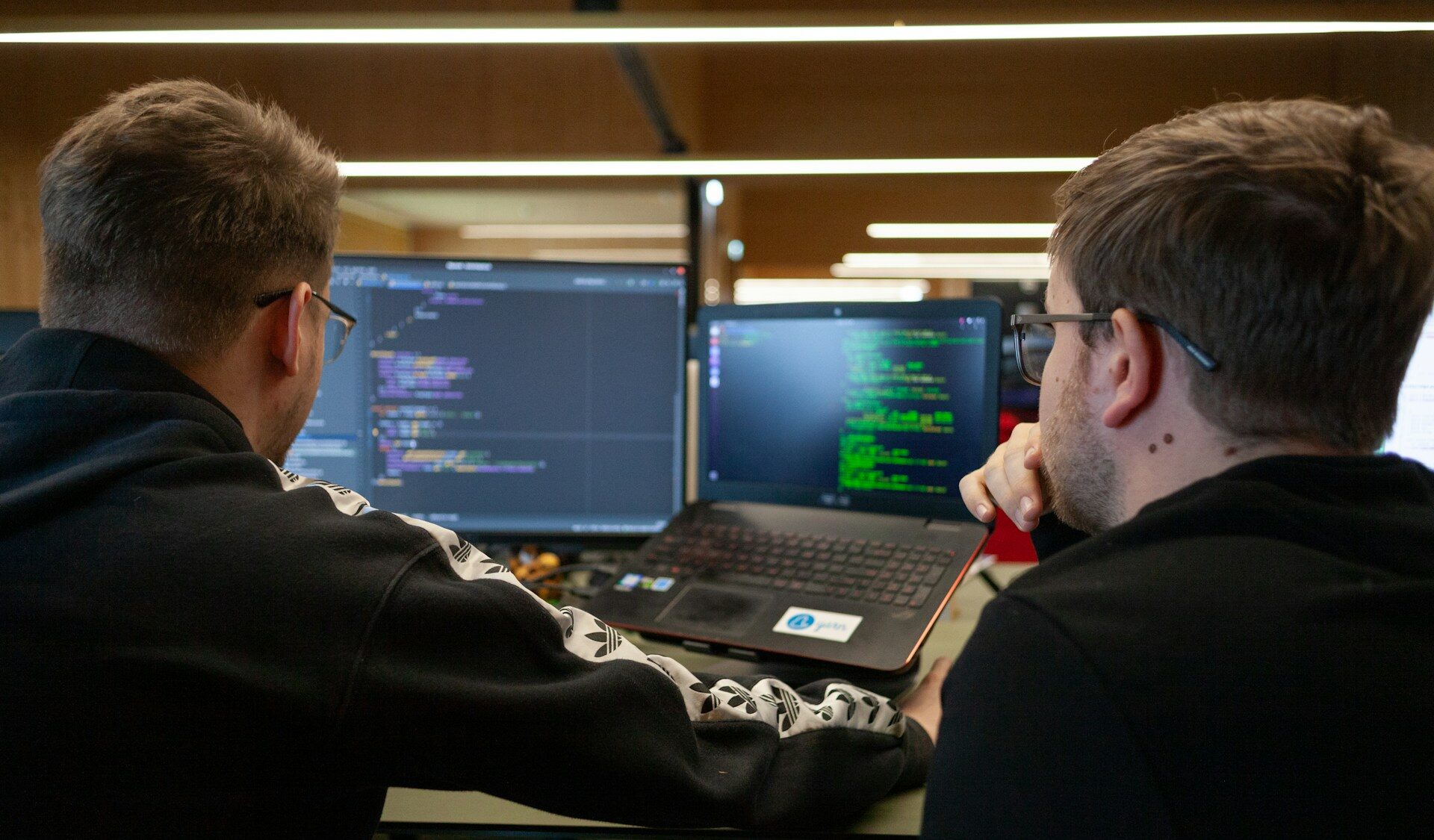
Discover the diversity of the art world – learn to distinguish materials and understand artistic concepts from the past and...
Conversational English focused on education topics – for future teachers who want to strengthen their language skills at level B2+.
This course focuses on developing students’ language and professional competences in the field of educational institution, and education in an international context. In the introduction, students will be introduced to key vocabulary related to the university environment, which will enable them to better understand professional texts, and discuss educational topics in English. This is followed by a comparison of the school systems in the UK, the USA, and the Czech Republic, including a discussion of the differences in organization, approaches, and values of the individual systems.
An important part of the course is also the topic of student mobility, especially the Erasmus programme, and other international opportunities that support cultural awareness and intercultural competences. Students present their outputs within the framework of three project presentations, thereby practicing both language skills and the ability to collaborate and present.
The course also offers practical tips on using games, worksheets, technology, and audiovisual materials in teaching, with special attention paid to the inclusion of children with special educational needs, and inclusive education. Various teaching methods, including CLIL, are discussed, as well as approaches to student assessment. The course concludes with a discussion on the issues of education financing, teacher qualifications, and the role of educational authorities. The course concludes with feedback and self-assessment by students.
The aim of the course is to develop students’ language and professional competences in the field of education and training, in a broader international context. The emphasis is on expanding vocabulary, improving understanding of professional texts, and developing communication skills in English. Students will learn to compare different educational systems, reflect on approaches to inclusion, assessment, teaching methods, and modern teaching tools. During the semester, they work on three projects that develop their ability to collaborate, work independently, present, and think critically. The course also supports self-reflection and feedback, thereby contributing to the overall professional and language development of students.
To successfully complete the course, a minimum standard of English at level B2, according to the Common European Framework of Reference for Languages (CEFR), is expected. Students should be able to independently understand longer professional and popular texts on educational topics, follow explanations and discussions in English, express their own opinions, and respond to the opinions of others. Furthermore, the ability to work with authentic materials, actively participate in discussions, present information, and collaborate in a team on project tasks is expected.
After completing the course, the student demonstrates the ability to understand and actively use professional vocabulary in the field of education, both orally and in writing. He/she is able to independently compare different educational systems, identify their strengths and weaknesses, and discuss the possibilities of transferring inspiring approaches to the Czech context. He/she is able to analyse selected pedagogical situations related to inclusion, assessment, and the use of modern teaching tools, and propose appropriate solutions. As part of project work, he/she applies the skills of co-operation, planning, presentation, and critical reflection. He/she is familiar with the principles of CLIL and other modern methods, and based on the knowledge gained from the course, he/she is able to prepare teaching activities reflecting the diverse needs of students. Part of his/her competences is also the ability to self-reflect and work with feedback, which he/she uses for his/her own professional and linguistic development.
Multimedia-supported teaching,
Independent student work,
Discussion,
Co-operative learning,
Exercises (practical activities),
Group teaching,
Project-based learning.
Institute of Language Training
UJP/APA
From 15. 6. 2025 to 31. 8. 2025
Winter semester 2025/2026
Room – UL 607
FST building, Bory campus
Tuesday 14:50 – 16:30
17. 9. 2025 – 10. 12. 2025
Contact teaching: 26h
Work on projects: 45h
Preparation for exam: 35h
Univerzitní 22, Pilsen

Discover the diversity of the art world – learn to distinguish materials and understand artistic concepts from the past and...

Practice your German in context – connect your language skills with the facts and current events in German-speaking countries.

Master the basics of programming – learn to design algorithms, write functional code, and work effectively with data and files.